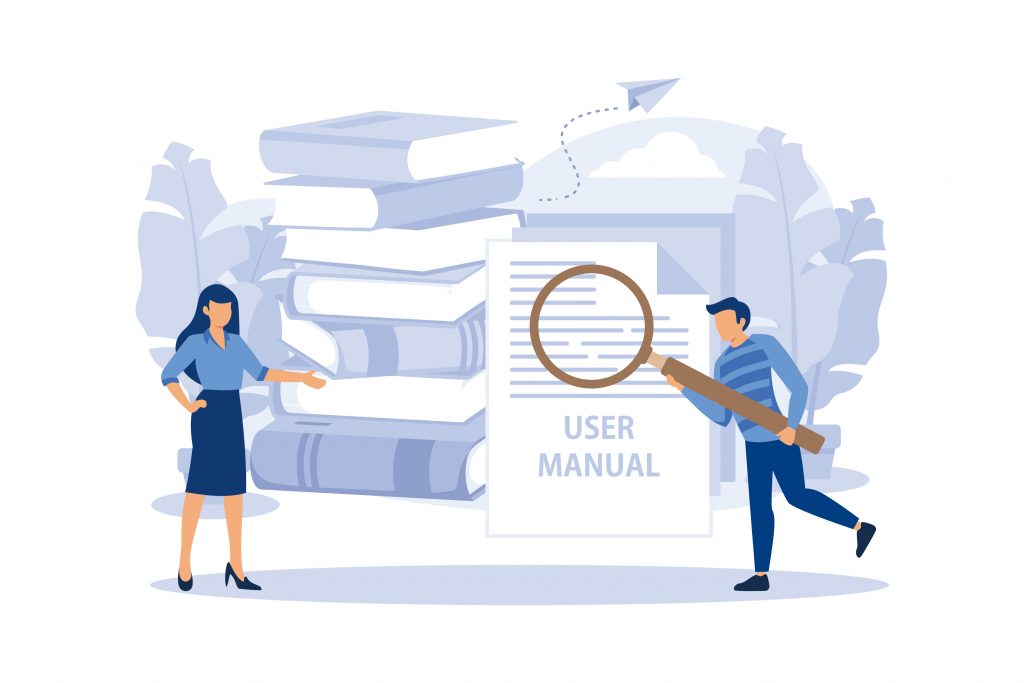TL;DR: Seamless domain registration is about more than just choosing a name and making a purchase. It involves strategic planning, understanding the available options, and taking steps to protect your investment. By following the guidelines in this guide, you can ensure a smooth registration process and lay a solid foundation for your online presence.
1. Understanding Domain Registration
What is a Domain Name?
A domain name is your website’s address on the internet. It’s what users type into their browser’s address bar to visit your site. For example, in the URL “www.example.one,” “example.one” is the domain name.
How Domain Registration Works
To own a domain, you need to register it through a domain registrar, an organization accredited by the Internet Corporation for Assigned Names and Numbers (ICANN). The registrar will check if your desired domain is available and, if so, register it in your name for a specified period.
2. Choosing and Registering Your Domain
Selecting the Right Domain Name
- Relevance: Ensure your domain name reflects your brand, product, or service.
- Simplicity: Choose a name that’s easy to remember, spell, and pronounce.
- Avoid Hyphens and Numbers: These can be confusing and hard to remember.
Checking Domain Availability
Use the domain registrar’s search tool to check if your desired domain is available. If it’s already taken, the tool will often suggest alternative names.
3. Maximum Registration Period
How Long Can You Register a Domain?
- Typical Registration Period: Most domains can be registered for periods ranging from 1 to 10 years.
- Renewal: You can renew your domain registration before it expires. Some registrars offer automatic renewal to ensure you don’t lose your domain.
Benefits of Longer Registration
- SEO Advantage: Search engines may favor domains with longer registration periods as they imply stability and longevity.
- Price Stability: Lock in the current rate and avoid potential price increases.
4. Registering Domains in Bulk
What is Bulk Registration?
Bulk registration allows you to register multiple domain names simultaneously. This is useful for securing various extensions of your primary domain (e.g., one., .com, .net, .org) or different variations of your brand name.
Advantages of Bulk Registration
- Brand Protection: Prevent competitors from registering similar domain names.
- Cost Savings: Many registrars offer discounts for bulk registrations.
- Convenience: Simplifies the management of multiple domains.
5. WHOIS Privacy
What is WHOIS?
WHOIS is a public database that lists the contact information of domain registrants. When you register a domain, your personal information (name, address, phone number, email) is added to this database.
WHOIS Privacy Protection
- Privacy Service: Many registrars offer WHOIS privacy protection for an additional fee. This service masks your personal information, displaying the registrar’s contact details instead.
- Benefits: Protects you from spam, identity theft, and unsolicited contact.
6. Tips for Seamless Domain Registration
Plan Ahead
- Research: Spend time researching the best domain names and extensions for your brand.
- Budget: Be aware of all costs involved, including registration, renewal, and additional services like WHOIS privacy.
Use a Reputable Registrar
- Accreditation: Ensure the registrar is ICANN-accredited.
- Customer Support: Look for registrars with robust customer support to assist you with any issues.
Keep Track of Renewal Dates
- Automatic Renewal: Consider setting up automatic renewal to avoid losing your domain.
- Reminders: Many registrars send reminders before the domain expires.
Protect Your Domain
- Locking: Enable domain locking to prevent unauthorized transfers.
- Secure Your Account: Use strong passwords and enable two-factor authentication on your registrar account.
